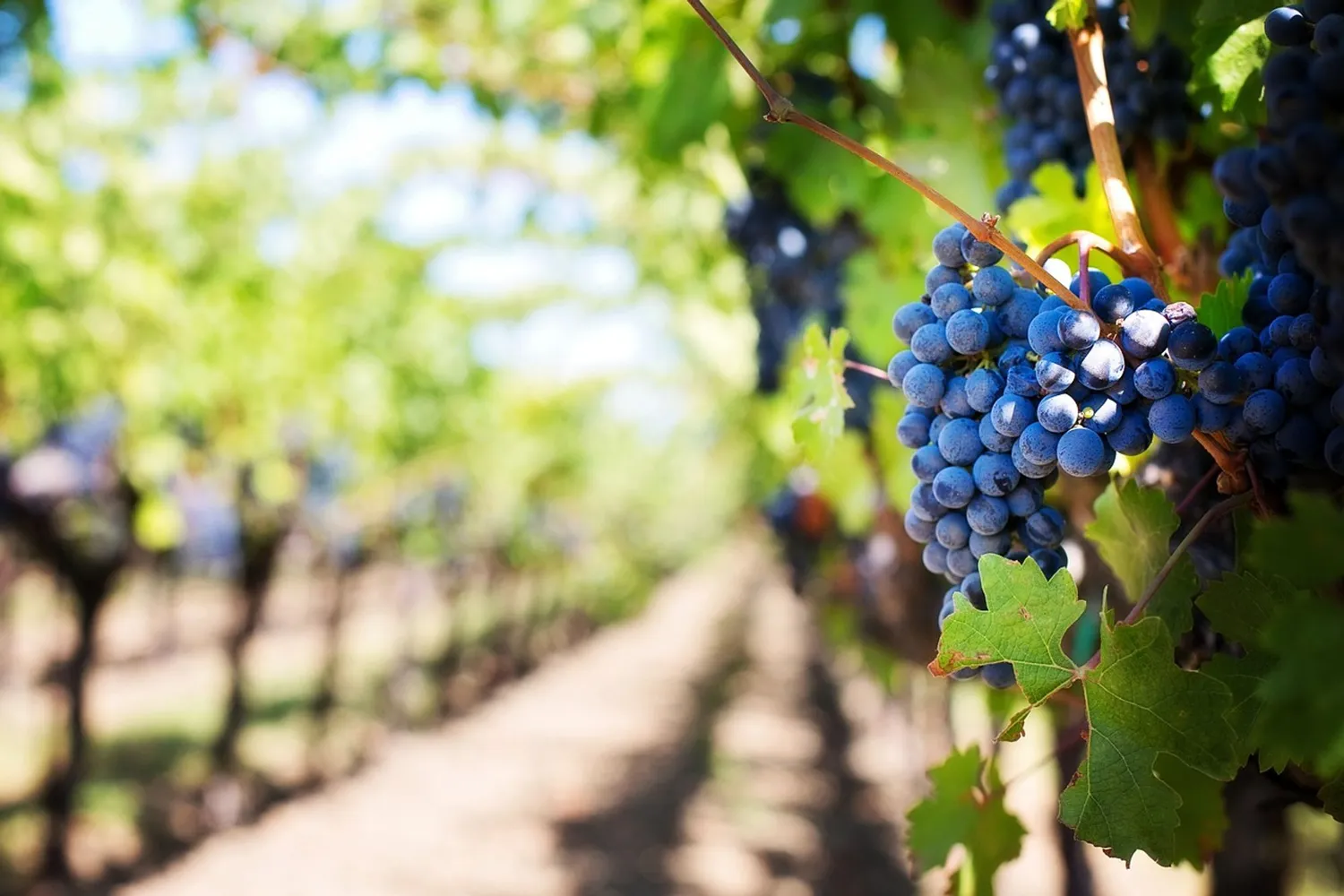Vineyards of the future will produce more than wine

Europe is attempting to use winemaking emissions and residues to create new products ranging from animal feed to antibiotic alternatives. The skins, pulp and seeds of pressed grapes are potentially useful elements leftover from winemaking. They contain naturally occurring chemicals that help to protect the grapes from sun damage and pests. There is growing concern that antibiotic resistance in animals and humans is increasing as a result of overuse in livestock and aquaculture. NeoGiANT, an EU-funded research project, is working on natural therapies to help decrease antibiotic use on animal and fish farms. The NeoGiANT researchers are extracting antioxidants and eubiotics, which are additives that improve animal gut health, for use in feed. The goal is to strengthen animals' resistance to infection and disease. Grape waste is also yielding treatments for some of the most common animal diseases, such as mastitis (inflammation of the mammary gland) in cows, post-weaning diarrhoea in pigs, and exudative epidermitis in piglets. Antibiotics are used at present to treat these conditions.